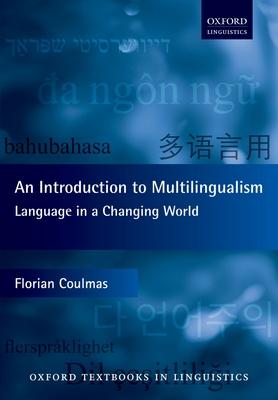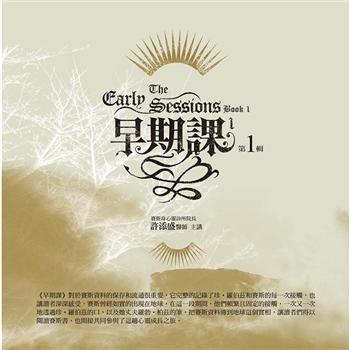This book offers an introduction to the many facets of multilingualism in a changing world. It begins with an overview of the multiplicity of human languages and their geographic distribution, before moving on to the key question of what multilingualism actually is and what is understood by terms such as ’mother tongue’, ’native speaker’, and ’speech community’. In the chapters that follow, Florian Coulmas systematically explores multilingualism with respect to the individual, institutions, cities, nations, and cyberspace. In each of these domains, the dynamics of language choice are undergoing changes as a result of economic, political, and cultural forces. Against this background, two chapters discuss the effects of linguistic diversity on the integration and separation of language and society, before a final chapter describes and assesses research methods for investigating multilingualism. Each chapter concludes with problems and questions for discussion, which place the topic in a real-world context.
The book explores where, when, and why multilingualism came to be regarded as a problem, and why it presents a serious challenge for linguistic theory today. It provides the basic tools to analyse different kinds of multilingualism at both the individual and society level, and will be of interest to students of linguistics, sociology, education, and communication studies.
| FindBook |
有 1 項符合
An Introduction to Multilingualism: Language in a Changing World的圖書 |
 |
An Introduction to Multilingualism: Language in a Changing World 作者:Coulmas,Florian 出版社:Oxford Univ Pr 出版日期:2018-02-14 語言:英文 規格:平裝 / 16.5 x 24.1 x 1.3 cm / 普通級 |
| 圖書館借閱 |
| 國家圖書館 | 全國圖書書目資訊網 | 國立公共資訊圖書館 | 電子書服務平台 | MetaCat 跨館整合查詢 |
| 臺北市立圖書館 | 新北市立圖書館 | 基隆市公共圖書館 | 桃園市立圖書館 | 新竹縣公共圖書館 |
| 苗栗縣立圖書館 | 臺中市立圖書館 | 彰化縣公共圖書館 | 南投縣文化局 | 雲林縣公共圖書館 |
| 嘉義縣圖書館 | 臺南市立圖書館 | 高雄市立圖書館 | 屏東縣公共圖書館 | 宜蘭縣公共圖書館 |
| 花蓮縣文化局 | 臺東縣文化處 |
|
|
圖書介紹 - 資料來源:博客來 評分:
圖書名稱:An Introduction to Multilingualism: Language in a Changing World
|











